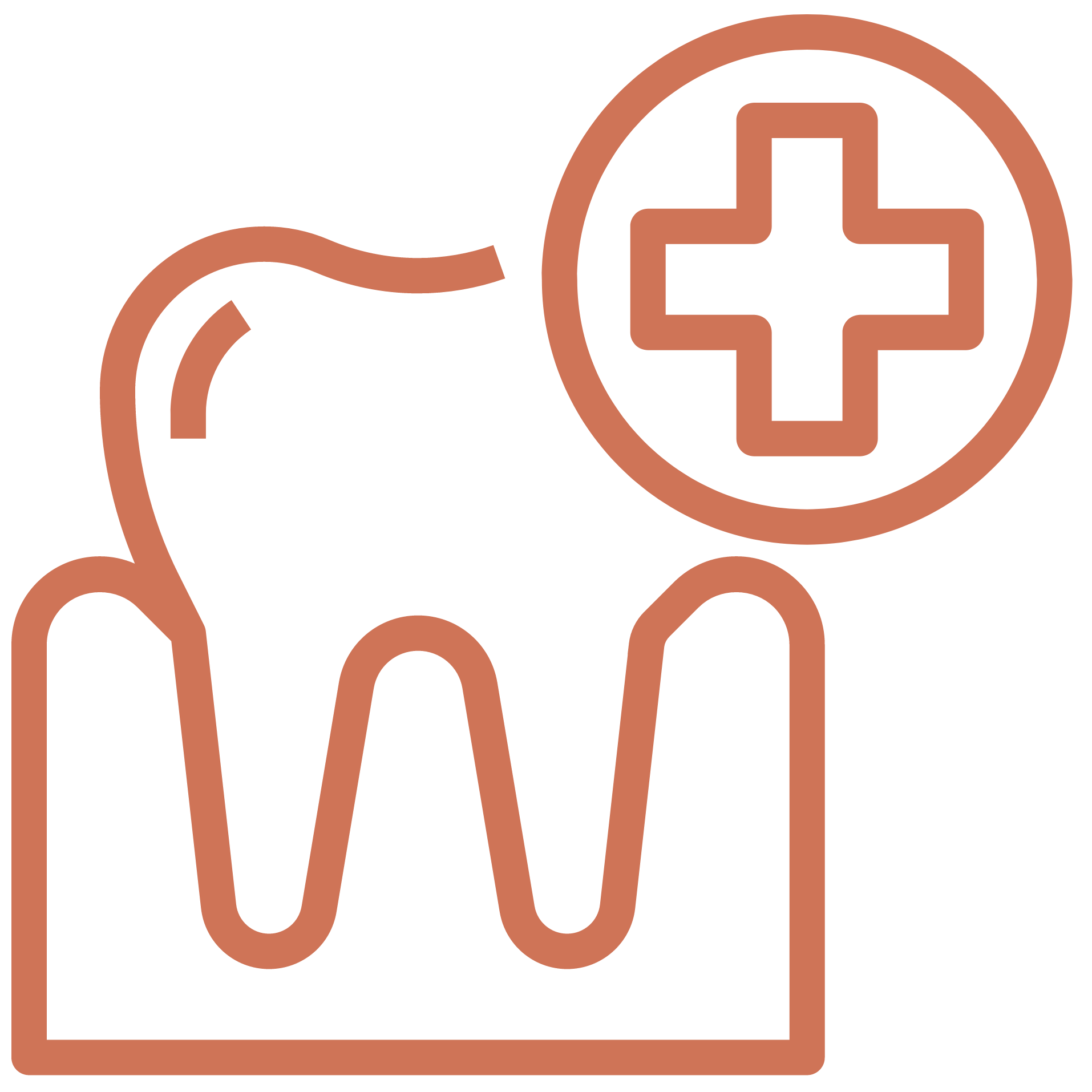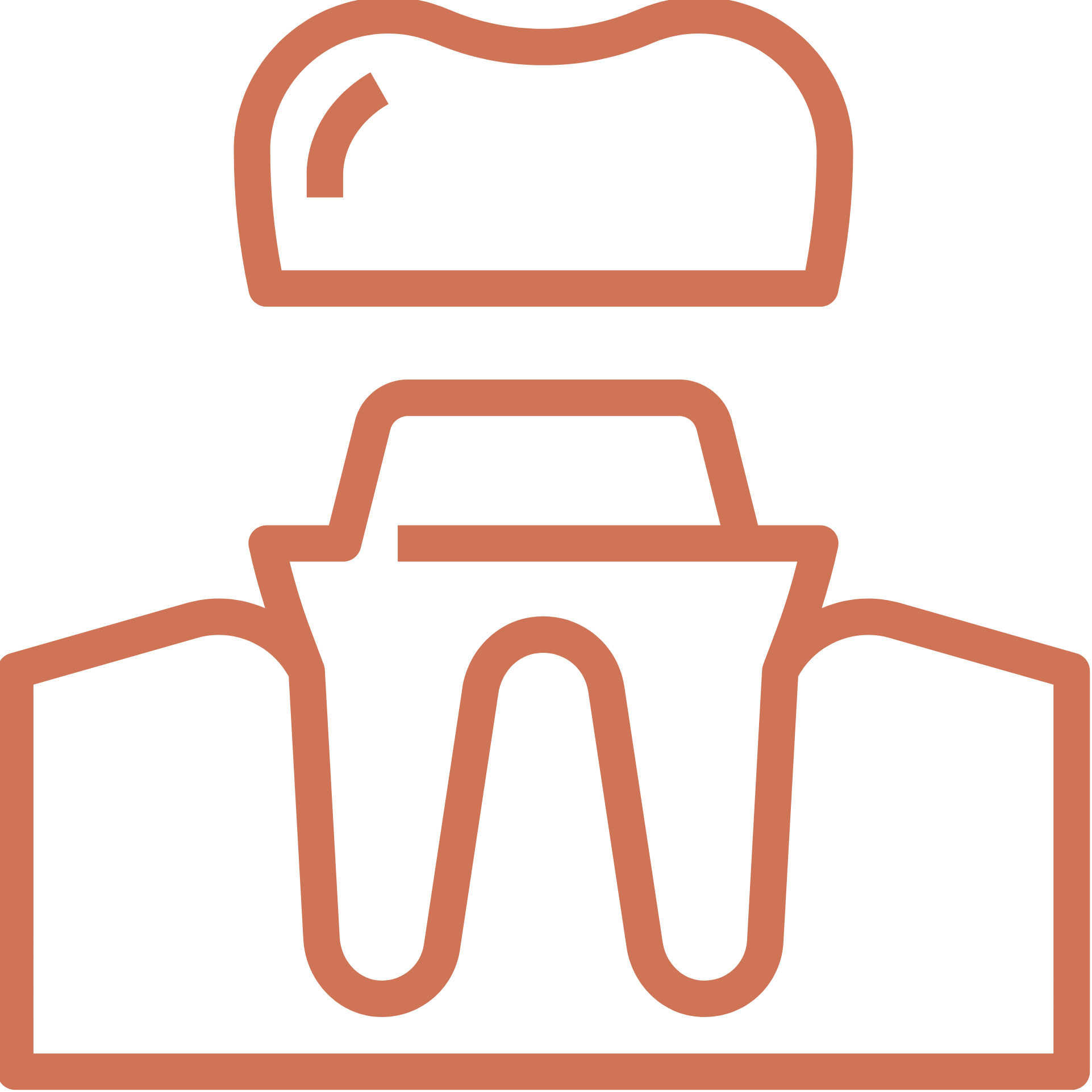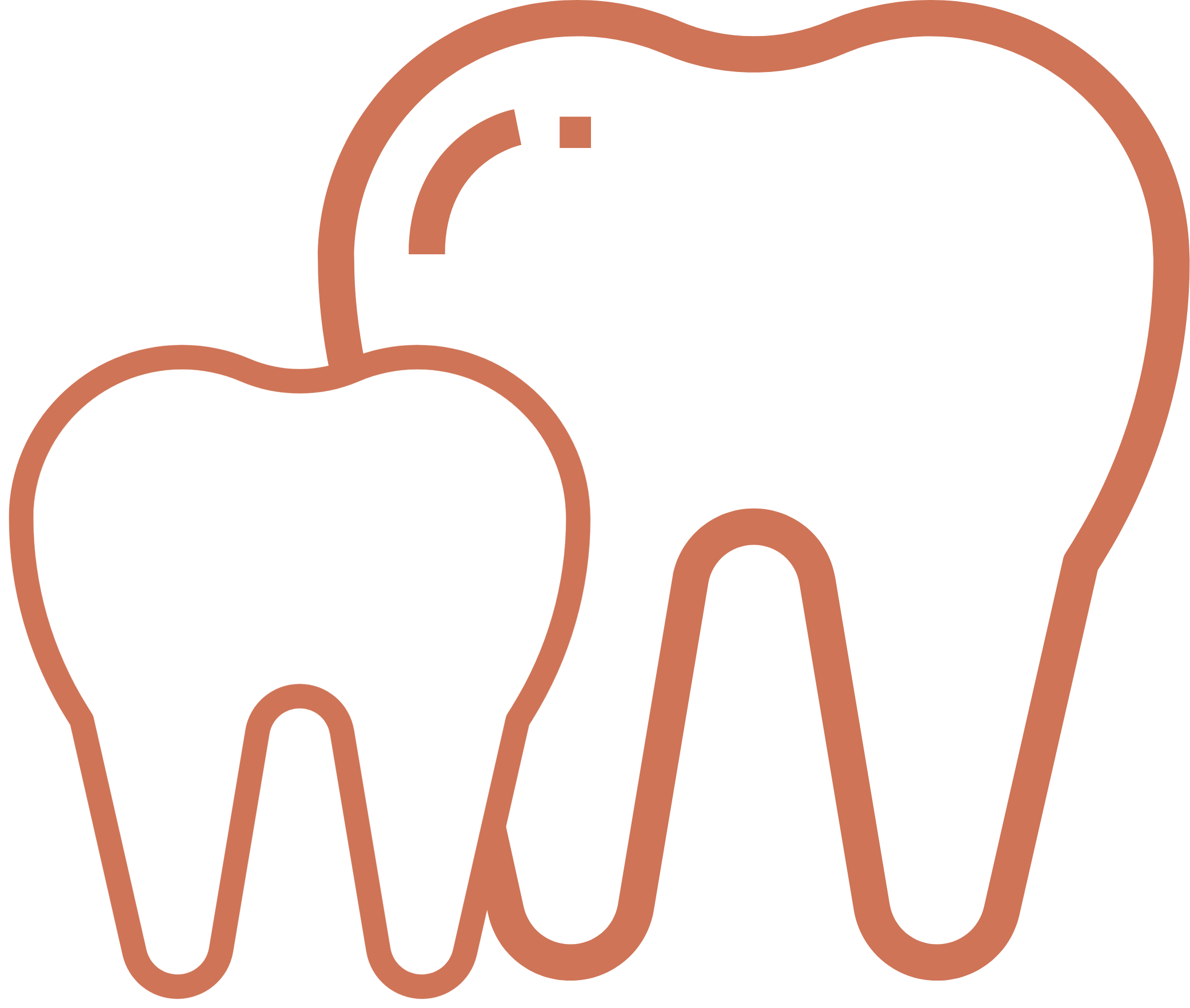What are wisdom teeth?
Most people have 4 wisdom teeth, 2 in the upper jaw and 2 in the lower jaw. Some people do not develop all their wisdom teeth and can be missing one or more wisdom teeth generally erupt into the mouth from about 18 years on.
Why is wisdom teeth extraction necessary?
In many people there is not enough space at the rear of the jaws for wisdom teeth to fully erupt and be functional. When there is not enough space for the wisdom tooth to come through, the tooth becomes wedged or “impacted”. Impactions can involve just soft tissue (gum), or hard tissue (bone). Some fully buried wisdom teeth remain in place and cause no obvious trouble; however, many will eventually cause symptoms.
Your dentist may recommend wisdom teeth extraction if there is insufficient room for the tooth/teeth to erupt, you are in need of orthodontic treatment or if you are experiencing symptoms associated with the eruption/impaction of your wisdom teeth.
When do wisdom teeth need removal?
When a decision is made to proceed with wisdom teeth removal, it is best to have them removed while you are young. In young people, the roots are not fully formed and the surrounding bone is softer. This often allows for easier wisdom teeth extraction which means less post-operative pain and faster healing. Early wisdom teeth removal is also recommended for the following reasons:
- To avoid further and more complicated impactions
- To reduce the chance of infection from a partially erupted wisdom tooth
- To remove any food traps created by a partially erupted wisdom tooth
- To prevent harm to adjacent teeth
- To avoid the formation of cysts
- To reduce potential crowding and optimise orthodontic treatment by lessening the effects of pushing and crowding on remaining teeth as the wisdom teeth try to move forward or erupt.
- To remove or prevent problems like pain, swelling and/or infection associated with eruption/partial eruption of wisdom teeth.
Wisdom teeth that are left for a “wait and see approach” can be harder to remove at a later date and can result in a slower and more painful healing phase. There is also a greater chance of complications from the surgery required to remove them as the teeth are more likely to encroach on surrounding nerves as their roots develop fully.
What is the procedure for wisdom teeth removal?
Wisdom teeth can be removed under local anaesthetic in the Dentist’s chair, under intravenous sedation in the dentist’s chair or under general anaesthetic in a hospital.
Procedures under local anaesthetic usually take place in the Dentist’s rooms and can be performed with or without oral sedatives, nitrous oxide sedation or intravenous sedation. A local anaesthetic will remove any pain sensation, however, people are still aware of pressure and pushing (less so if sedated).
Intravenous sedation can also be performed in the Dentist’s rooms. A medical practitioner (Specialist Anaesthetist or a doctor with training in IV sedation) will attend the appointment and provide intravenous sedation. The sedation will assist with any anxiety and allow you to be treated in a relaxed state. The dentist will still use a local anaesthetic for pain control. The result is a “twilight sleep” with no recollection of the procedure.
The alternative option is wisdom teeth removal under general anaesthetic in a private hospital setting. Many people opt for a general anaesthetic so that they can sleep through the procedure and be totally unaware of any part of the experience.
For more information on sleep dentistry click here.
In order for your Dentist to make a recommendation on whether you or your child should undergo wisdom teeth removal, a full mouth x-ray (OPG) will be required to assess the position, level of development and likelihood of normal eruption. Your Dentist will then be able to provide you with appropriate treatment options along with an estimate of associated costs.
For more information on wisdom teeth removal or to book a wisdom teeth consultation, contact your local Pacific Smiles Dental.
Any surgical or invasive procedure carries risks. Before proceeding, you should seek a second opinion from an appropriately qualified health practitioner.
 Mouthguards
Mouthguards 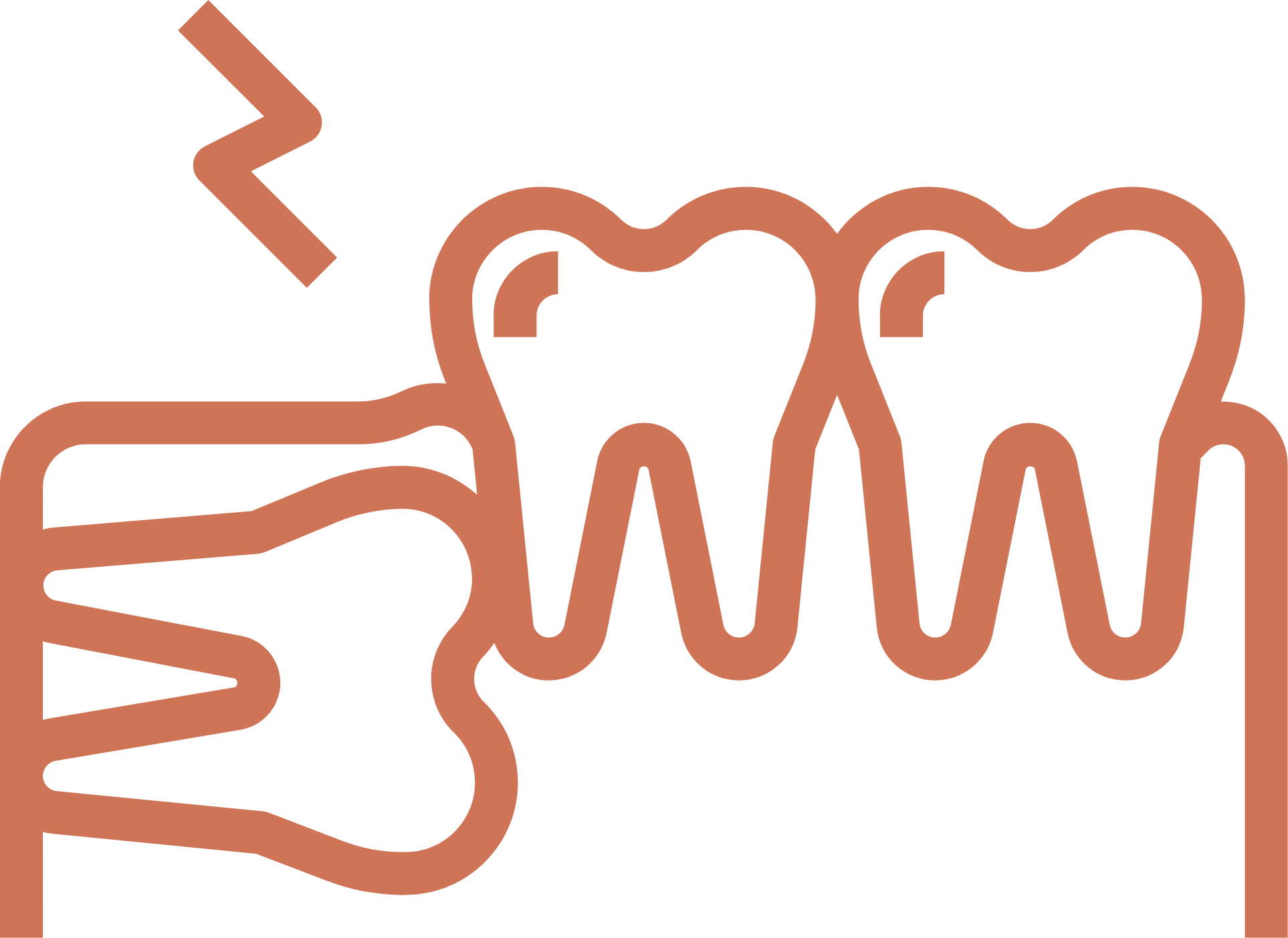 Wisdom Teeth Removal
Wisdom Teeth Removal  Veneers
Veneers 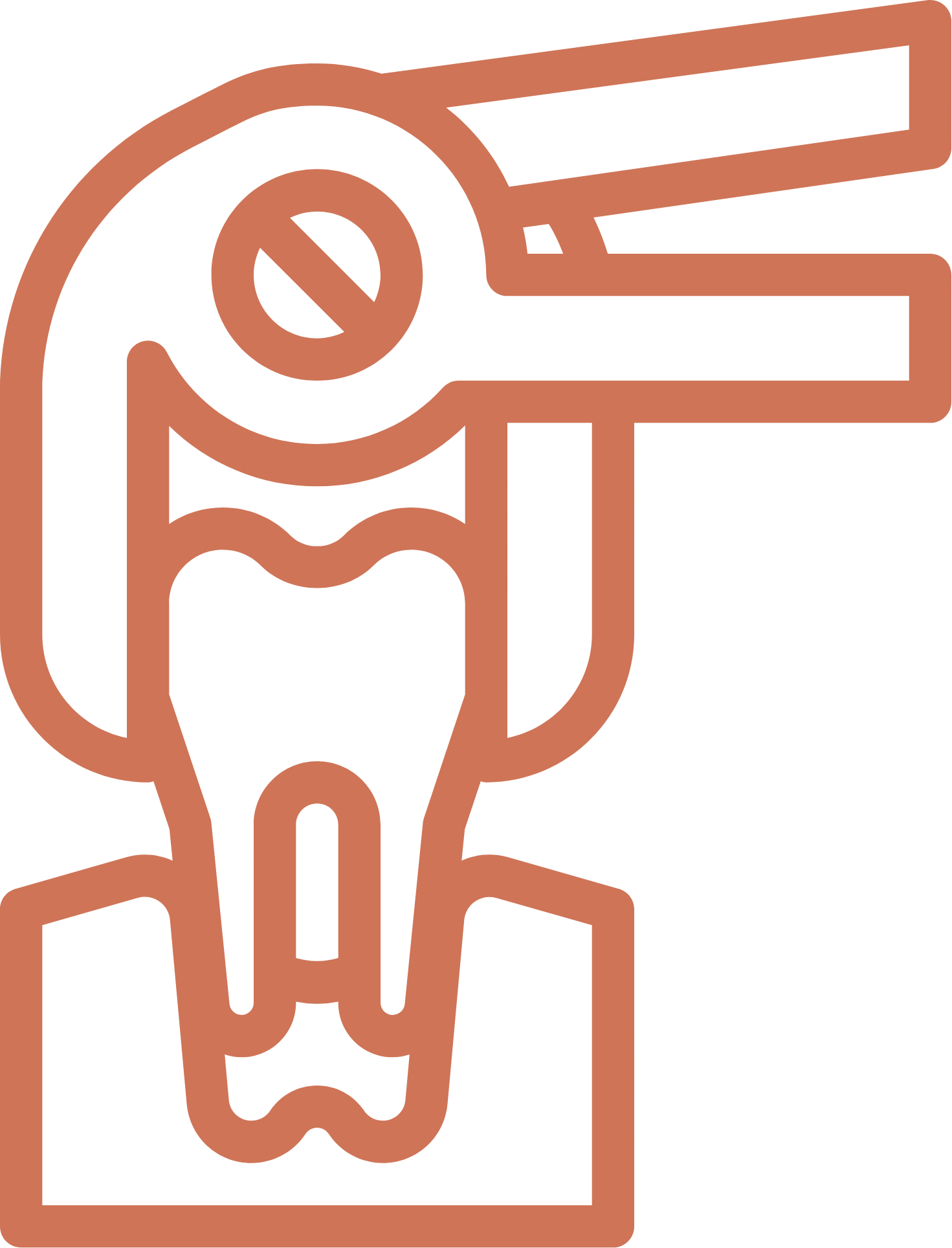 Tooth Extraction
Tooth Extraction 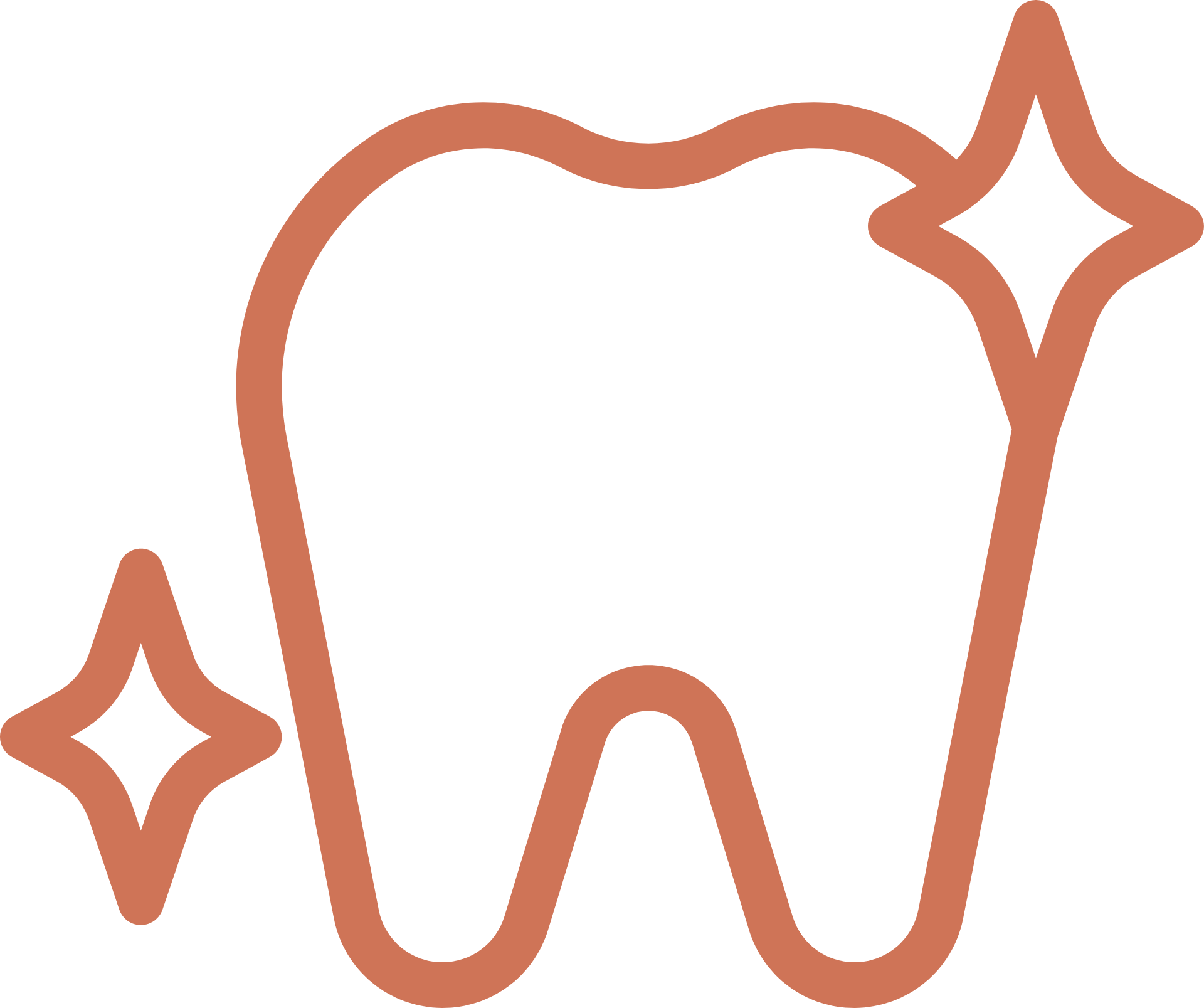 Teeth Whitening
Teeth Whitening 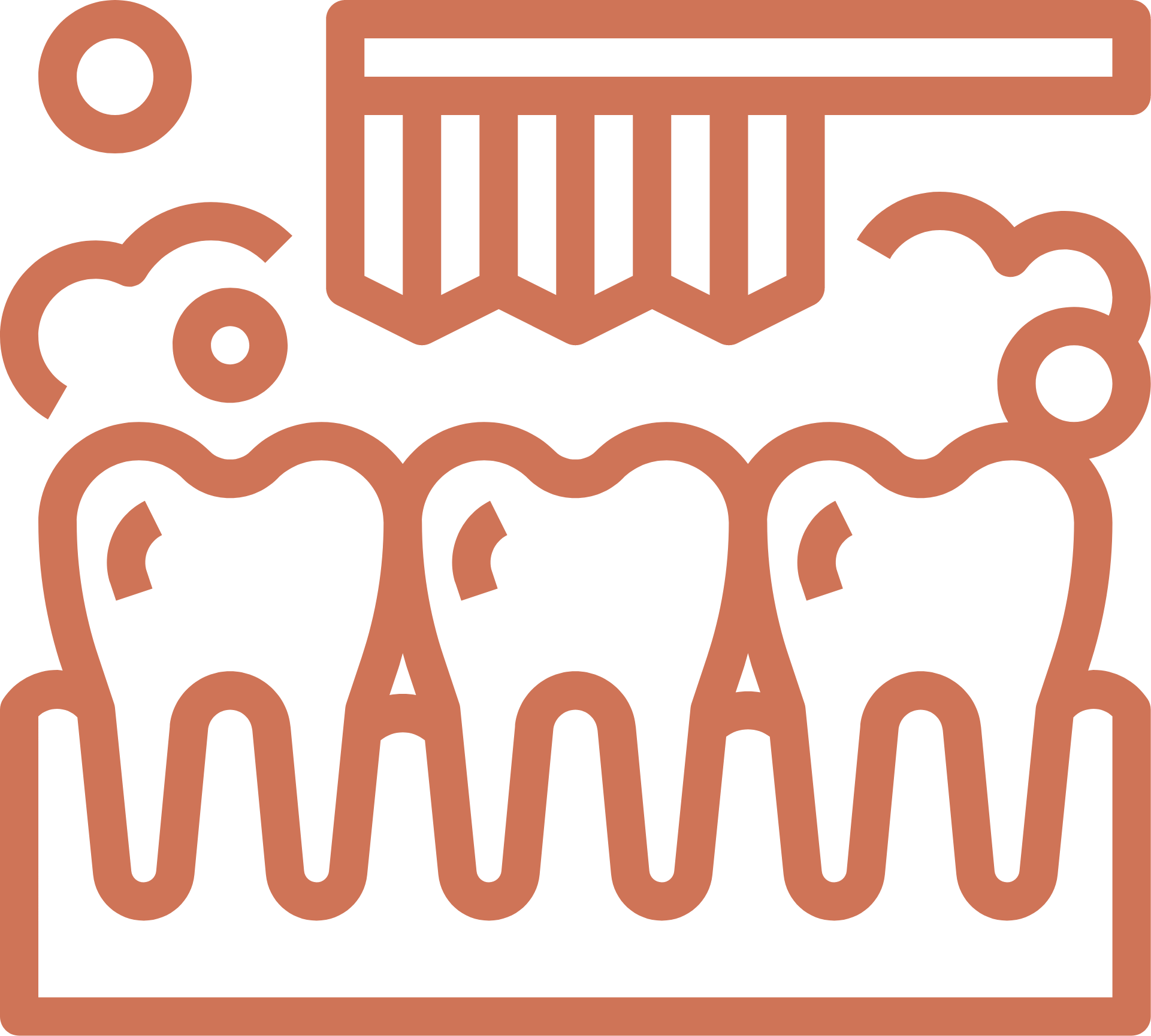 Teeth Cleaning
Teeth Cleaning  SmileStyler Clear Aligners
SmileStyler Clear Aligners  Sleep Dentistry
Sleep Dentistry 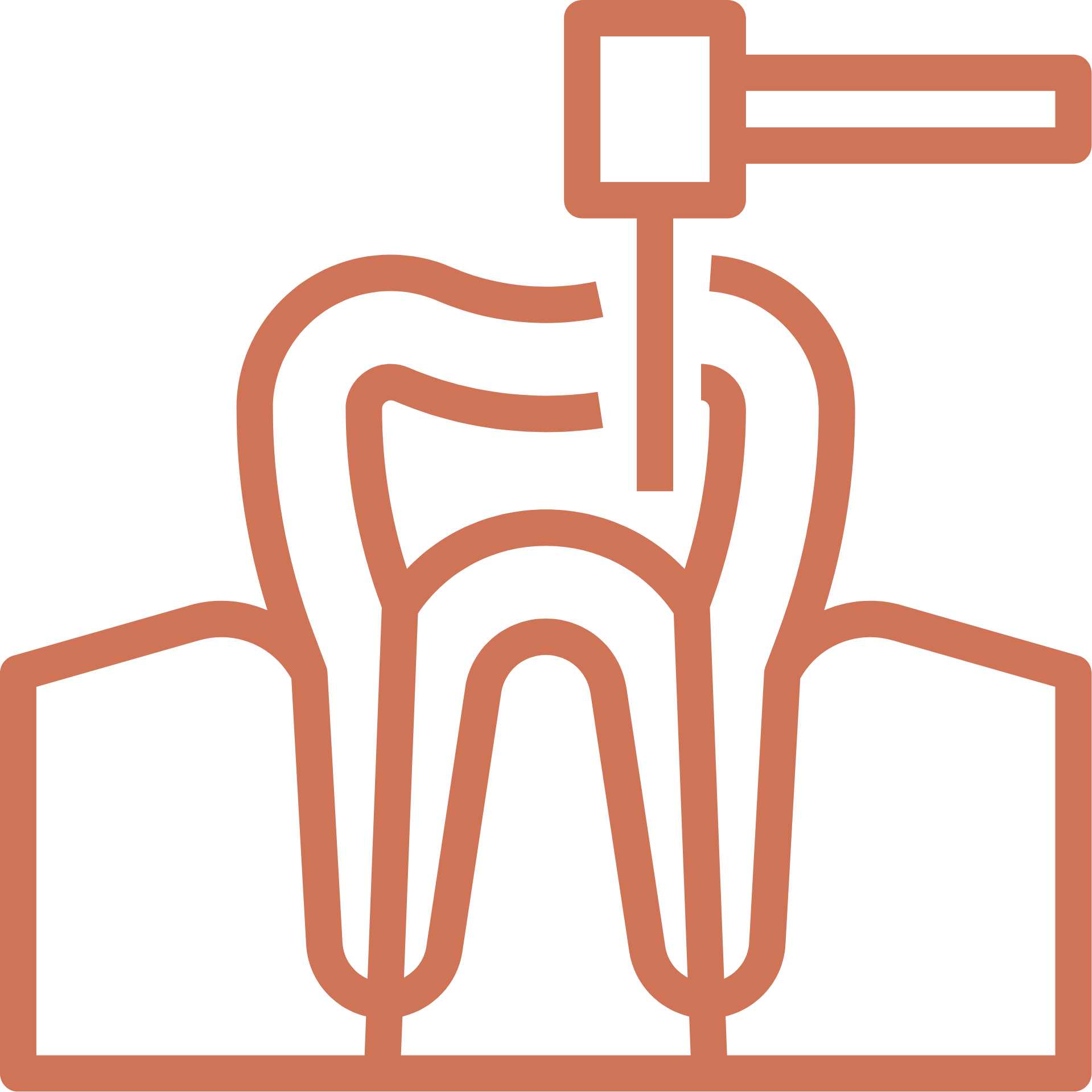 Root Canal Treatment
Root Canal Treatment 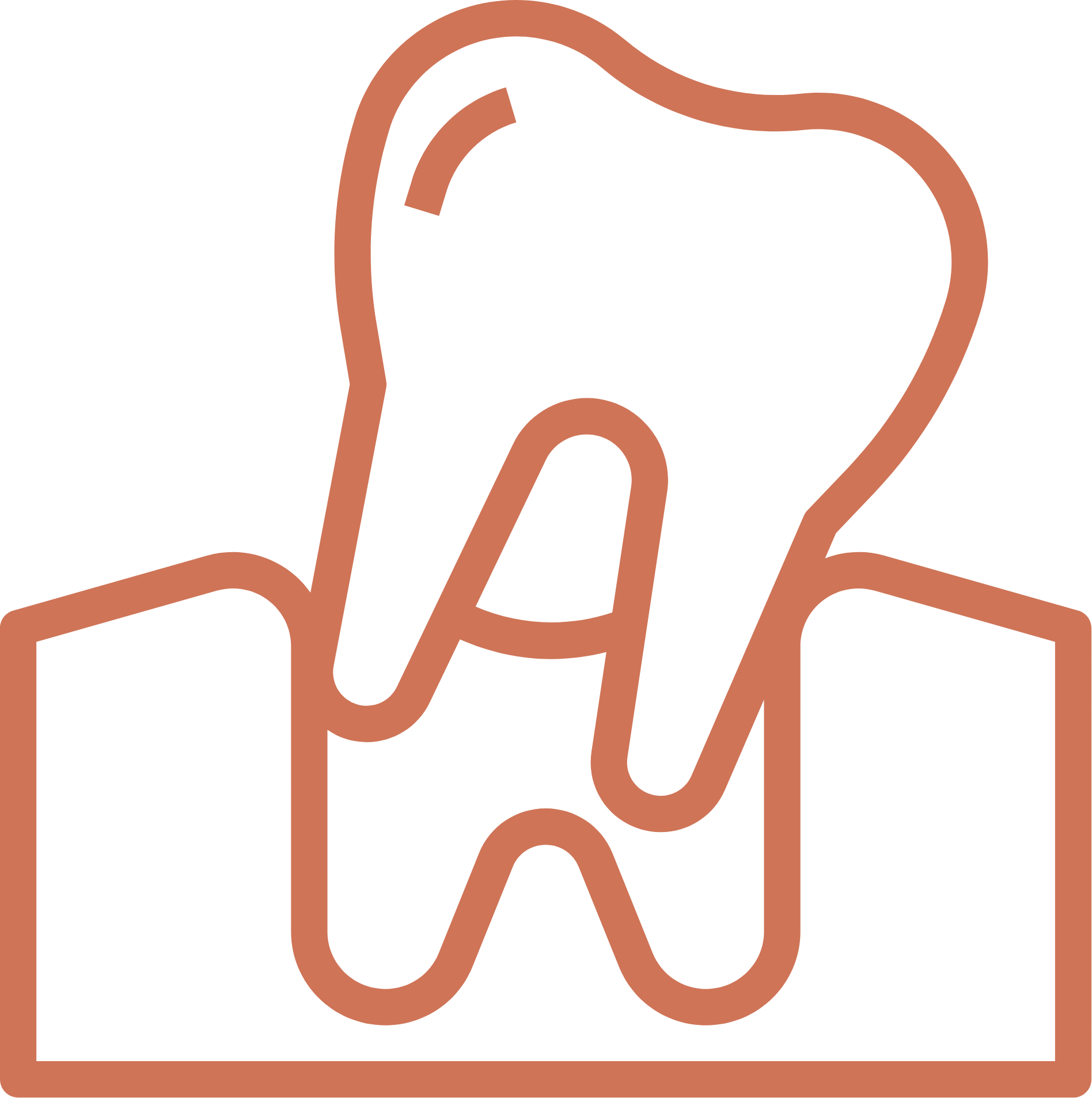 Prosthodontics
Prosthodontics 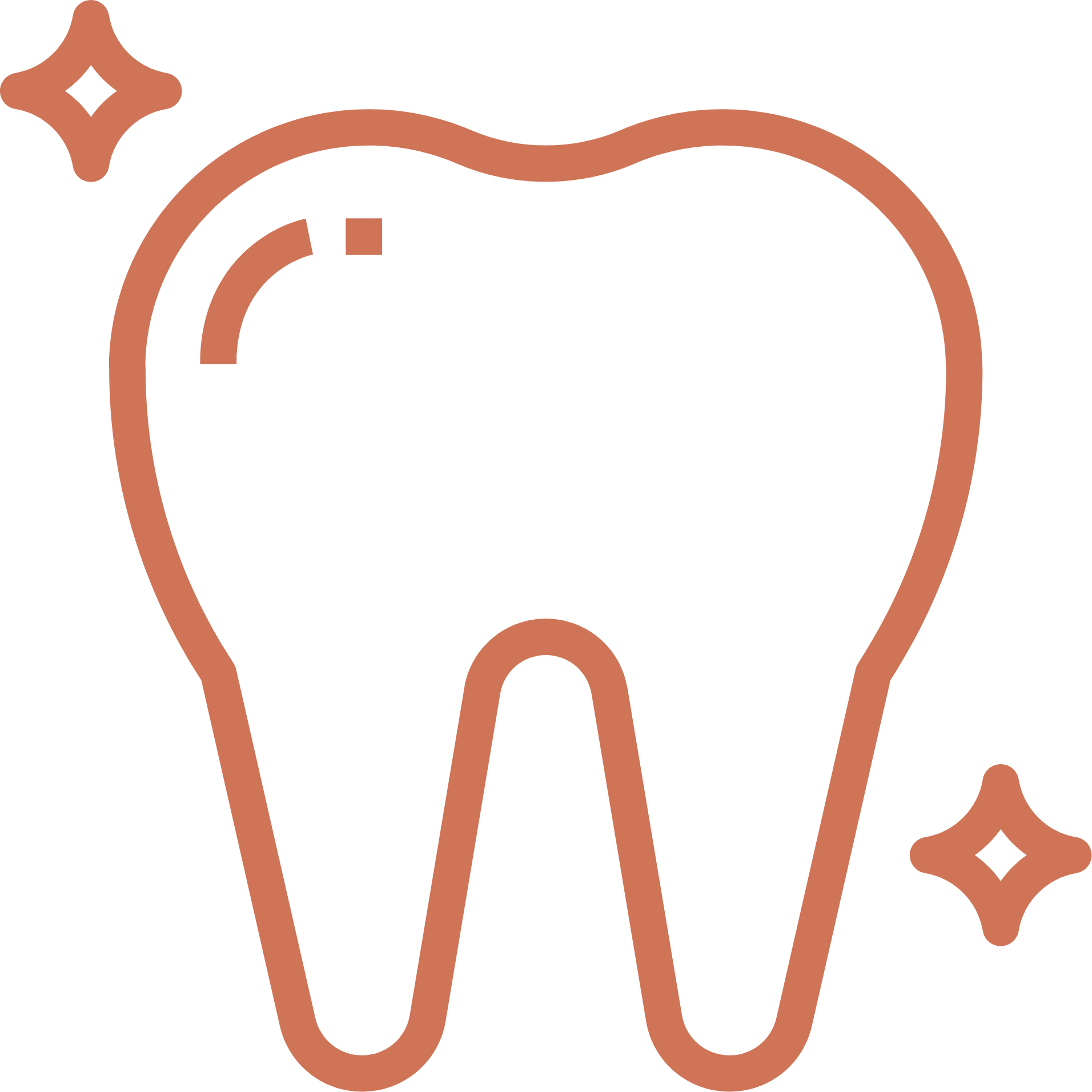 Periodontics
Periodontics 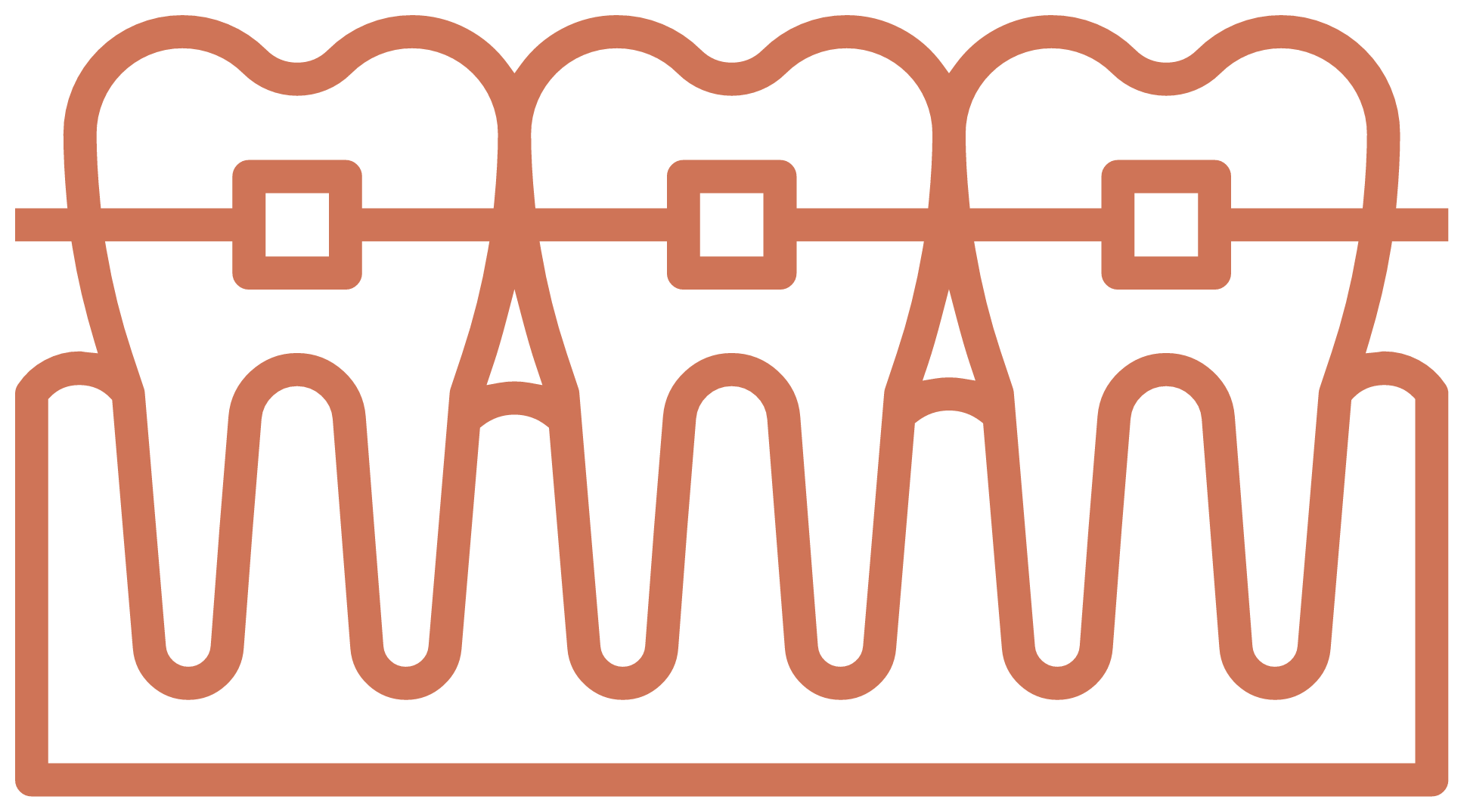 Orthodontics
Orthodontics  Invisalign
Invisalign 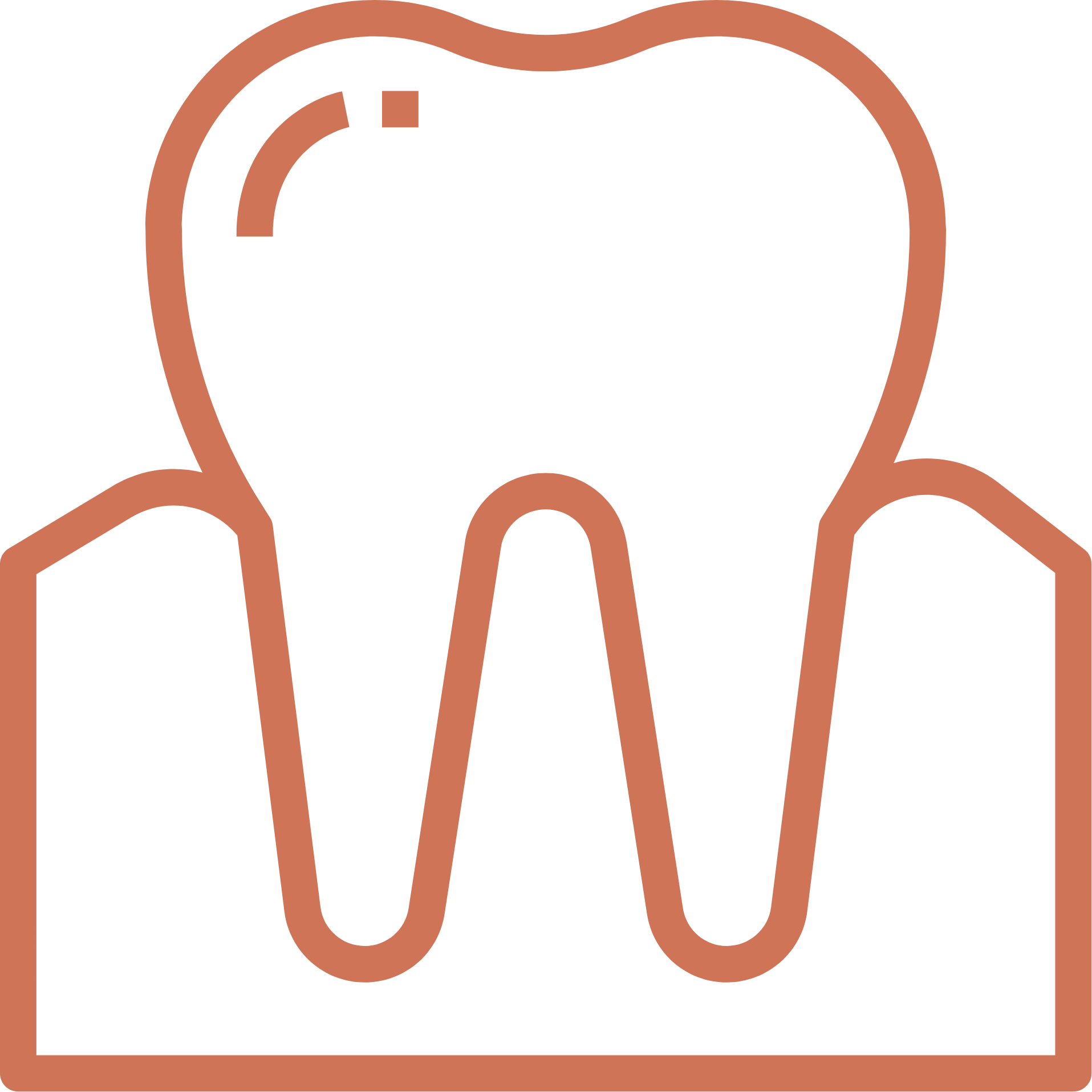 Gum Disease Treatment
Gum Disease Treatment  Endodontics
Endodontics 